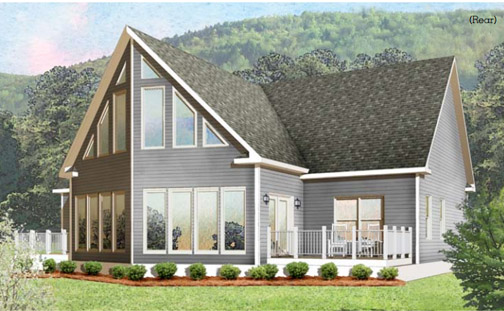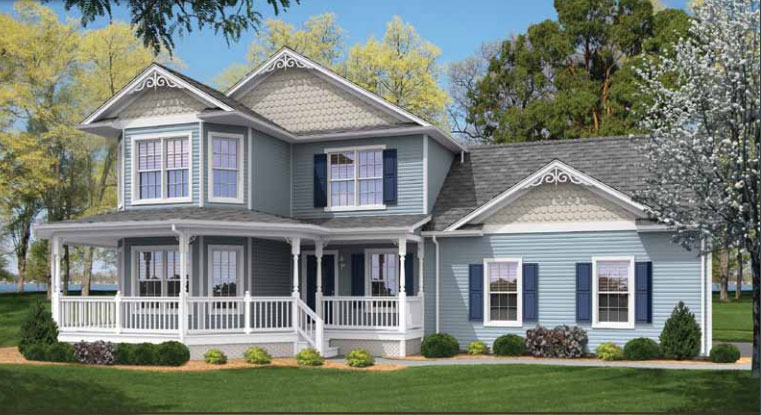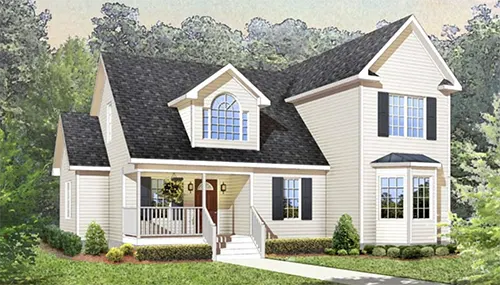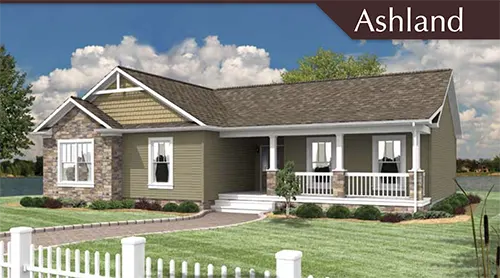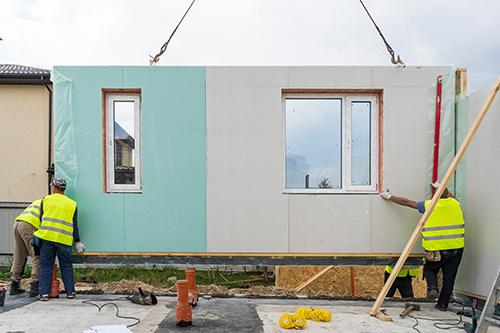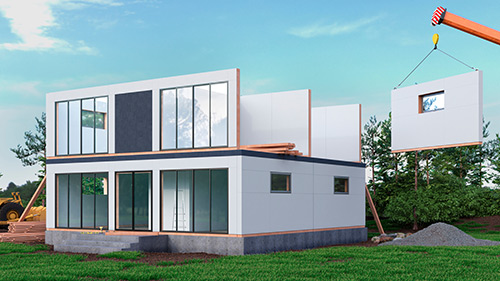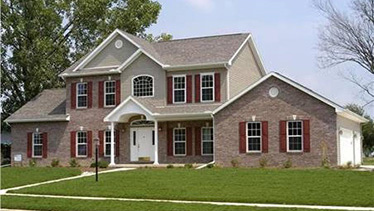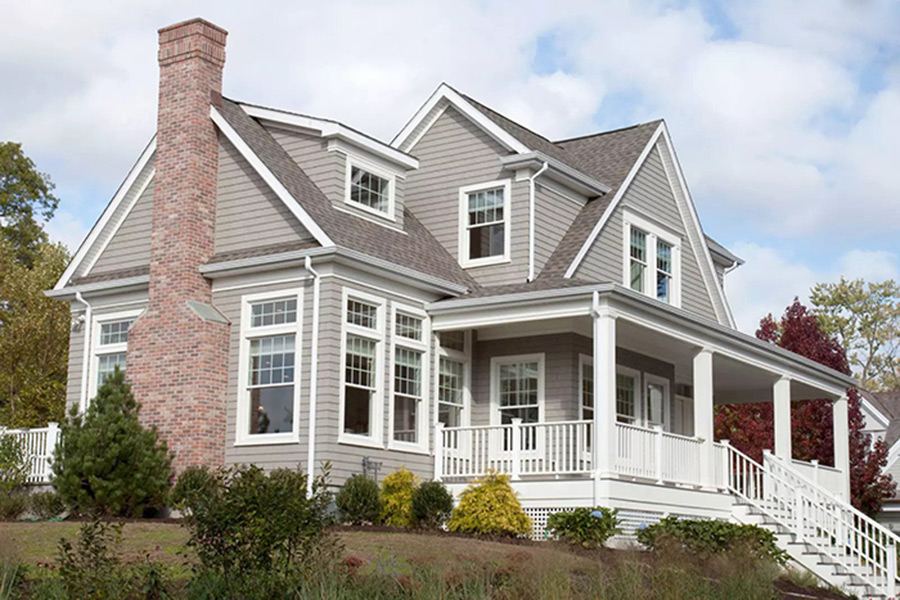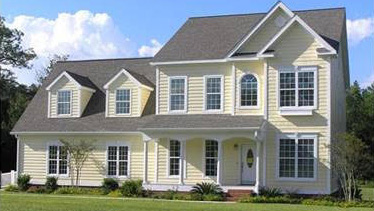Imagine a home where every day feels like a vacation. Introducing the Cypress Creek by Tidewater Custom Modular Homes—your perfect retreat with 2,510 square feet of luxurious, vacation-style living. The Cypress Creek is designed to bring the outdoors in, featuring a breathtaking rear elevation that’s perfect for showcasing panoramic views of the ocean, mountains, or...
Read MoreModular Homes VA Blog
At Tidewater Custom Modular Homes, we’re excited to introduce the Anna—a beautifully designed traditional 2-story modular home that combines classic elegance with modern functionality. With 1606 square feet of thoughtfully crafted space, the Anna is perfect for families seeking both comfort and style. Let’s explore what makes this home a standout choice! Home Highlights: 3...
Read MoreStep into a home that’s as charming as it is functional with The Wingate—a stunning ranch-style residence that is sure to make a statement in your neighborhood. Here’s why this 1736 square foot gem is the perfect choice for your next home: Key Features: Spacious Layout: Enjoy the comfort of 3 bedrooms and 2.5 bathrooms,...
Read MoreDreaming of a home that blends style, comfort, and functionality? Discover the Ashland Ranch House Plan from Tidewater Custom Modular Homes—perfectly designed to meet your needs with elegance and efficiency. Here’s why this 1,817-square-foot home could be your ideal choice: Key Features of the Ashland Ranch House Plan: Spacious and Open Layout Enjoy a generous...
Read MoreBuilding your dream home has never been more exciting with the advent of modular homes. While the construction process differs from traditional site-built homes, the end result is a high-quality residence that adheres to the same building codes and standards. Here’s an in-depth look at how modular homes work and how they compare to prefabricated...
Read MoreExperience a new way of home construction that combines innovative design with environmental responsibility. Modular homes offer a modern alternative to traditional on-site construction, emphasizing reduced environmental impact, increased efficiency, and minimal waste. These homes embody the dream of simplified, yet sophisticated living, all while maintaining a low carbon footprint. Our modular homes are crafted...
Read MoreThinking of building your dream home? Consider the eco-friendly advantages of modular homes with Tidewater Custom Modular Homes! Why Choose Modular Homes? Modular homes are not only stylish and customizable but also environmentally sustainable: Energy Efficiency: Built with precise construction methods, modular homes often exceed traditional building standards for energy efficiency. Reduced Waste: Off-site construction...
Read MoreIn the face of increasing climate challenges, modular homes are emerging as beacons of resilience. These innovative structures are designed to withstand storms, earthquakes, and other natural disasters with remarkable durability and efficiency. Here’s why modular homes are leading the way in disaster-resilient housing: Structural Integrity: Built in controlled factory environments, modular homes adhere to...
Read MoreDreaming of a home that reflects your unique style and needs? Discover how modular construction at Tidewater Custom Modular Homes can turn your vision into reality! Why Choose Modular Construction? Modular homes offer a revolutionary approach to building that combines quality craftsmanship with efficient construction techniques. Each home is constructed in sections (modules) in a...
Read MoreIn today's fast-paced world, the real estate industry is witnessing a remarkable transformation, with modular homes emerging as a frontrunner in the quest for speed and efficiency. These innovative dwellings offer a glimpse into a future where long construction delays become a relic of the past, presenting investors with a strategic advantage that promises to...
Read More


